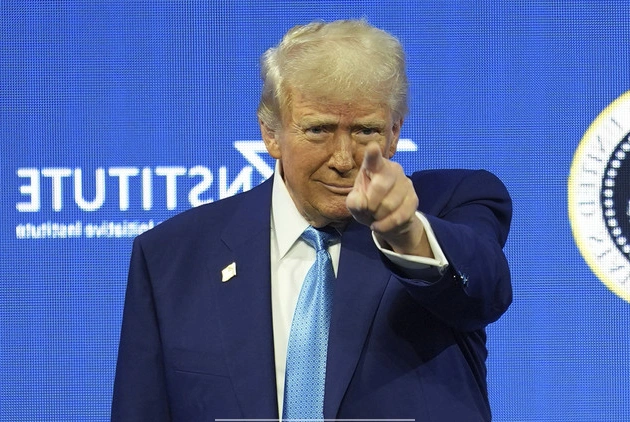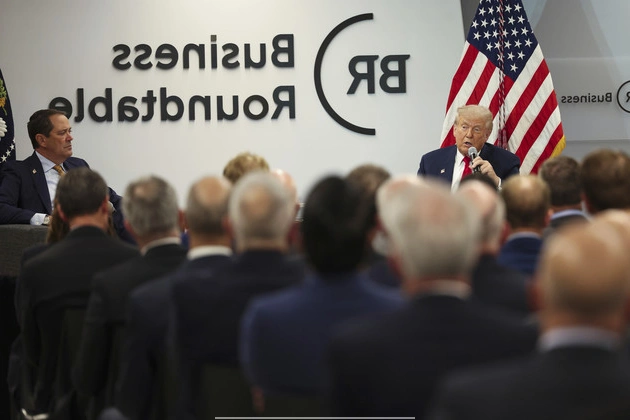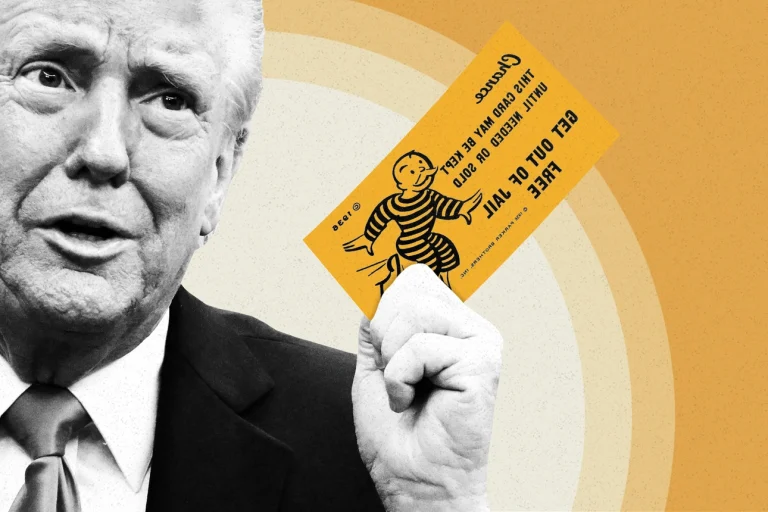
President Donald Trump recently signed a sweeping executive order to initiate a comprehensive review of all federal regulations, potentially leading to significant changes in government policies and practices.
The Scope of the Executive Order
The order instructs federal agencies and their Department of Government Efficiency teams to meticulously examine existing regulations to identify those that contradict the administration’s priorities. This review process, overseen by the Office of Management and Budget, aims to streamline regulations and enhance governmental efficiency.
Implications on Various Sectors
If implemented effectively, this executive order could result in a substantial overhaul of regulations governing sectors such as financial services, energy, and healthcare. By targeting regulations that impede growth and innovation, the administration aims to create a more business-friendly environment while upholding its policy objectives.
Furthermore, the order aligns with the administration’s commitment to reducing the size and influence of what it terms the ‘administrative state.’ This vision, championed by key officials like Russ Vought, emphasizes deregulation and centralizing authority within the executive branch.
Challenges and Controversies
While the executive order signals a bold move towards regulatory reform, it has sparked debates regarding its potential impact. Some experts view it as a necessary step towards eliminating bureaucratic hurdles, while others express concerns about the lack of specific goals and metrics for success.
Notably, the order mandates a 60-day review period for agencies to identify regulations that may be unconstitutional, redundant, or hindrances to economic growth. This process is expected to generate recommendations for rescinding or modifying regulations deemed unnecessary or counterproductive.
Expert Opinions
Daniel Goldbeck of the American Action Forum lauds the executive order as a significant deregulatory initiative, offering agencies flexibility in revising existing rules. However, skeptics like James Broughel from the Competitive Enterprise Institute advocate for clearer success metrics and reduction goals to ensure meaningful regulatory reform.
Overall, the executive order reflects President Trump’s commitment to reining in excessive regulations and restoring the balance of powers within the government. As agencies embark on the review process, the implications of this executive action on businesses, consumers, and regulatory compliance remain a topic of intense scrutiny.















